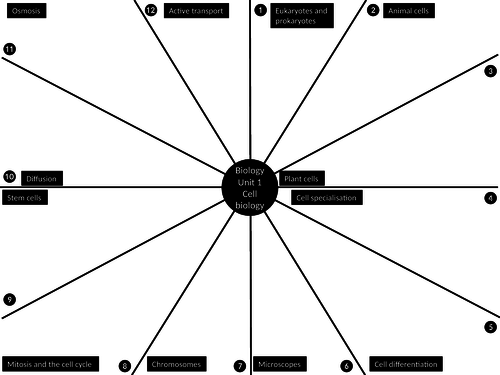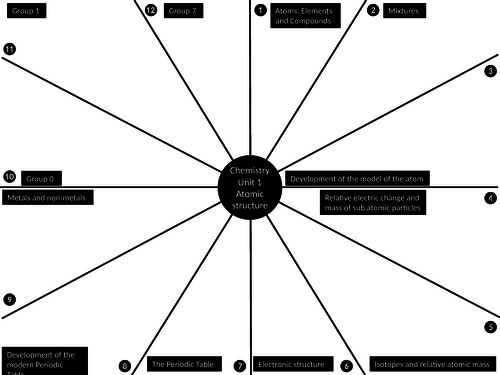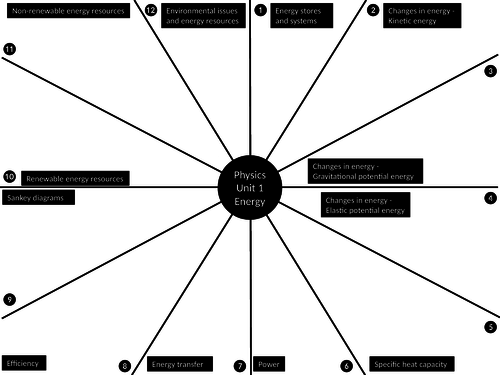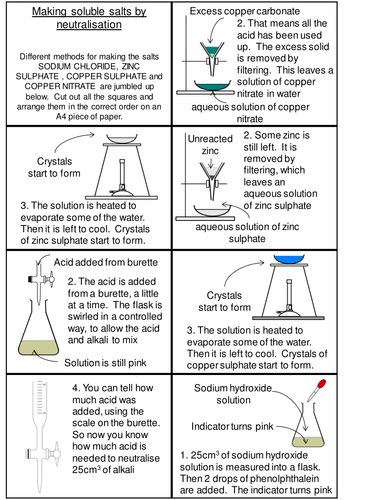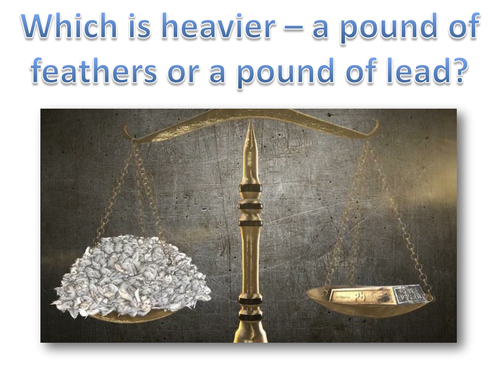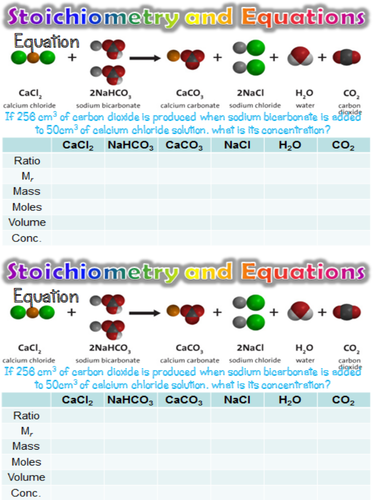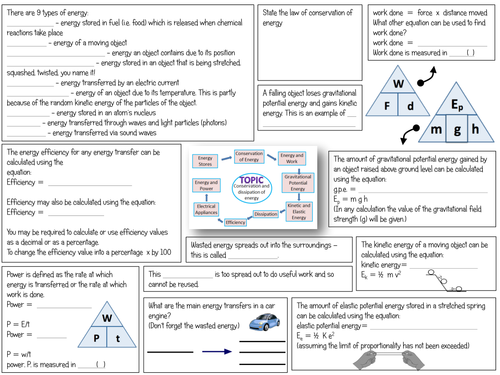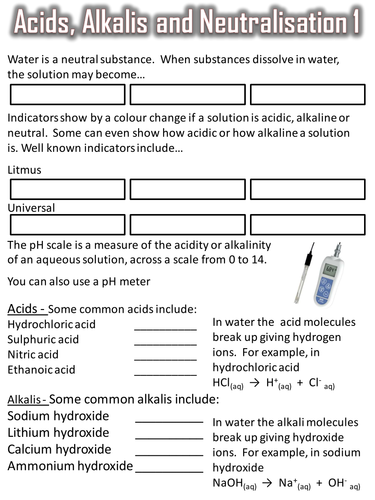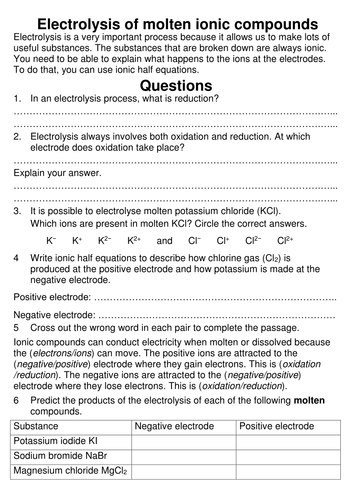
133Uploads
192k+Views
312k+Downloads
All resources

AQA Chemistry / Trilogy - Metals and Water
A presentation and worksheet to take pupils through the idea that metals react differently with water and to relate the reactivity of metals to their tendency to form positive ions

AQA Trilogy / Chemistry - Metals and acid
A fully resourced lesson with practical and worksheet. Pupils are to deduce the reactivity of metals by comparison of their reactions in acid and link this to previous lessons on reactions of metals with water and oxygen.

AQA Trilogy / Chemistry - Crude oil and hydrocarbons
A presentation with assessment questions and an embedded video to introduce pupils to the organic chemistry topic

Revision clocks - Biology Paper 1 - AQA Trilogy
The first 4 units of the Biology Paper 1 split into 12 sub sections. Pupils are to spend no more than 4/5 minutes on each section to try and ensure that the whole of a topic is covered.

Revision clocks - Chemistry paper 1 - AQA Triology
Revision clocks for 4 of the 5 units for chemistry paper 1. Each unit is split into sub sections. Pupils are to spend no more than 4/5 minutes on each section to try and ensure that the whole of a topic is covered.

Revision clocks - Physics paper 1 - AQA Triology
The first 4 units for the Physics Paper 1 split into sub sections. Pupils are to spend no more than 4/5 minutes on each section to try and ensure that the whole of a topic is covered.
Bundle

AQA Paper 1 Revision clocks
The first units for the Biology, Chemistry and Physics Paper 1s split into sub sections. Pupils are to spend no more than 4/5 minutes on each section to try and ensure that the whole of a topic is covered.

AQA Chemistry / Trilogy - Displacement reactions and ionic equations
A presentation to go with a practical activity to guide pupils through writing balanced symbol equations and half equations in order to identify oxidised or reduced chemical species in a displacement reaction

AQA Trilogy / Chemistry - Testing for gases
A fully resourced lesson (potentially 2) to teach pupils through experiment and demo, how to test for oxygen, hydrogen, carbon dioxide and chlorine. A video is also linked to the presentation
Bundle

AQA Paper 2 Revision clocks
The last units for the Biology, Chemistry and Physics Paper 2s split into sub sections. Pupils are to spend no more than 4/5 minutes on each section to try and ensure that the whole of a topic is covered.

Crude oil and hydrocarbons
An introductory lesson on organic chemistry. Pupils are reminded of separation techniques used to separate mixtures and the definition of a mixture before the idea of crude oil as a mixture that needs to be separated to make it useful is introduced

AQA Trilogy / Chemistry - Acids and bases
A presentation and worksheet guiding pupils through identification of the ions responsible for acidity and alkalinity and the ionic equations to describe the formation of water during neutralisation reactions. Neutralisation equations are also consider along with salt formation

Making soluble salts card sort
Produce your own set of cards for pupils to arrange or print out and put both sheets on one A4 sheet for pupils to cut and stick. Ideal for medium to low ability to reinforce the similar techniques in some methods

AQA Physics 2016 - Density (inc. required prac)
A presentation to take students through the theory of density. The presentation also walks pupils through the techniques needed to calculate density for regular and irregular solids and liquids. An adapted version of the AQA required Practical worksheet has also been included.
There is a set of differentiated questions on density calculations and theory to challenge students - the calculation answers are on the presentation.

Molar Gas Volume and Stoichiometry
Stoichiometry pathway to help pupils with calculations in chemistry. The presentation also covers the topic of molar gas volume.

Conservation and Dissipation of energy Summary
Summary sheet for the Conservation and dissipation of energy unit. The answers are supplied, but students should use the internet or textbooks to try and fill as many gaps as possible before the answers are supplied.

Acids, bases and neutralisation
Presentations and worksheets for 2 lessons. The first lesson introduces the concept of neutralisation for GCSE and how to write word equations for neutralisation reactions. The second lesson is a practical on the preparation of a sample of a salt by the neutralisation of an acid with a suitable metal.

Evolutionary Trees
Various resources that I have used over the course of 2 lessons to teach pupils about evolutionary trees to a KS4 mixed ability group.
The poster needs to be printed on A3 if possible
There is a presentation on how to read / interpret evolutionary trees plus some past paper questions. The presentation is in two different formats to prevent problems for those with older versions of PowerPoint

New AQA Physics/Trilogy - Energy Demands
This lesson links to the new AQA physics / Trilogy GCSE. The resources give pupils the opportunity to use graphs to carry out data analysis and make conclusion from the data they find. The data is linked to domestic and global energy demands and the energy resources we use to provide these needs. One of the tasks includes a group activity where pupils need to present their findings.
There is a starter to summarise environmental issues linked to use of fossil Fuels. The lesson also includes how fossil fuel and nuclear power stations generate electricity where pupils complete a sequencing activity.

Electrolysis of molten ionic compounds
A presentation and a couple of worksheets to guide students through the concept of electrolysis of molten ionic compounds. The presentation reminds pupils of OIL RIG and the electrical conductivity of ionic compounds before tackling the more challenging aspects of the topic




